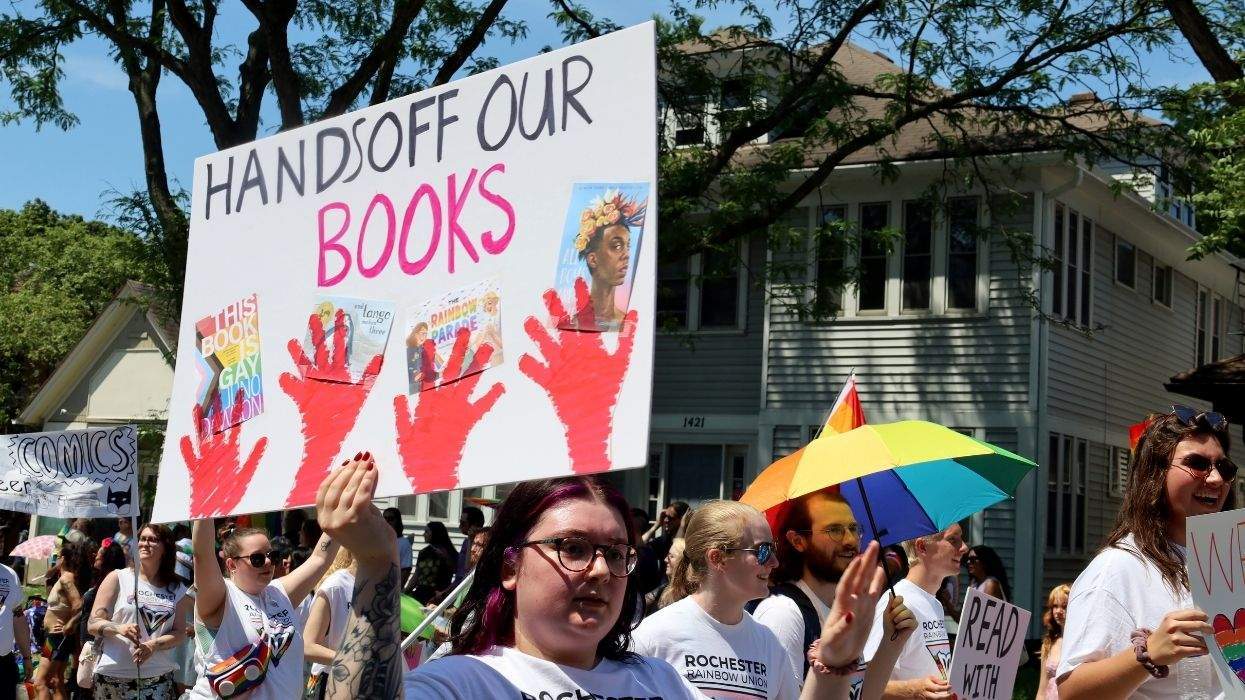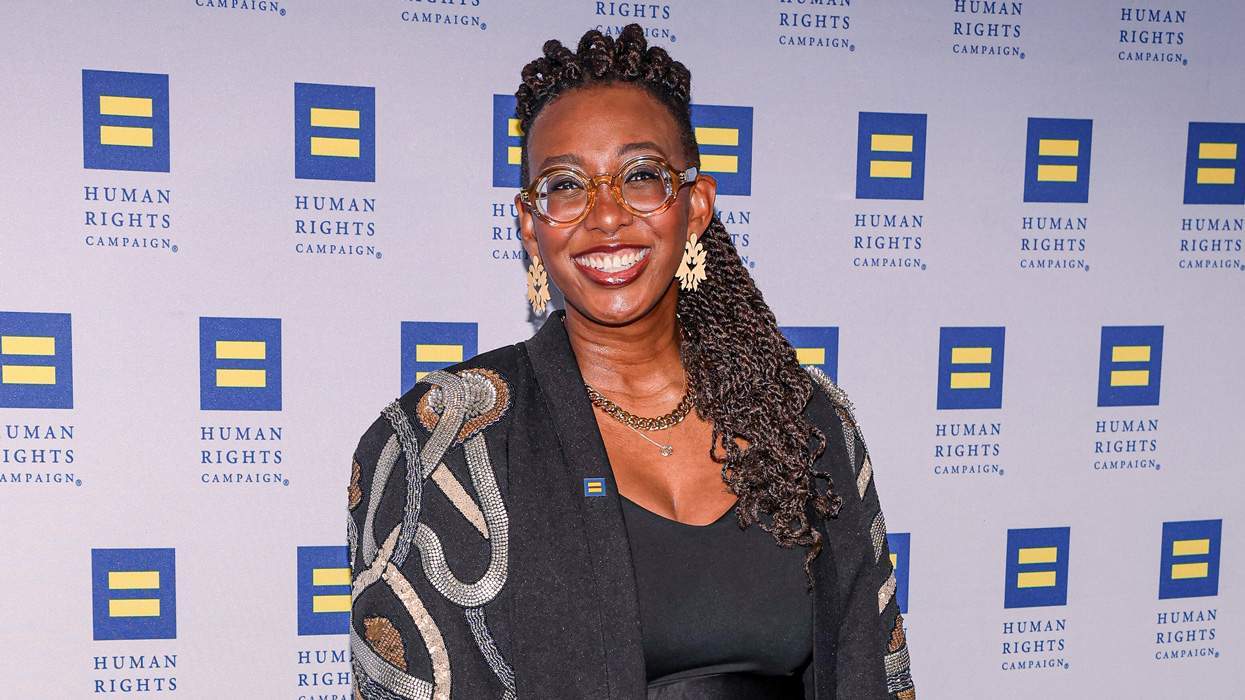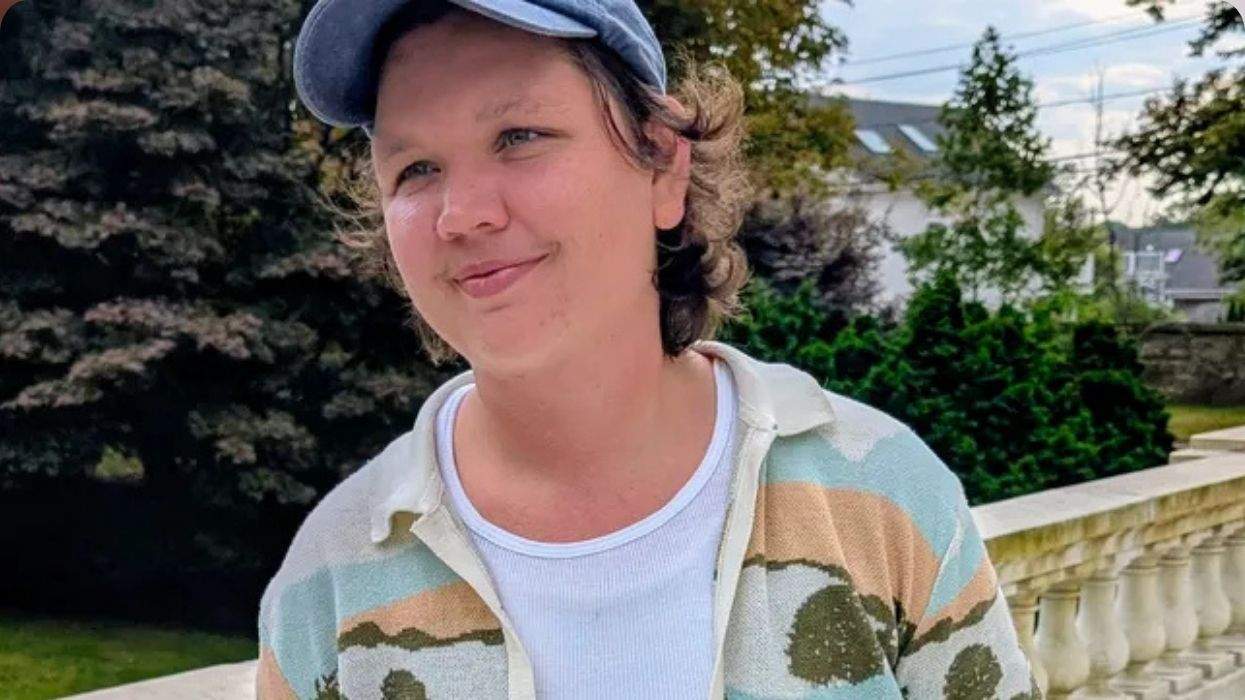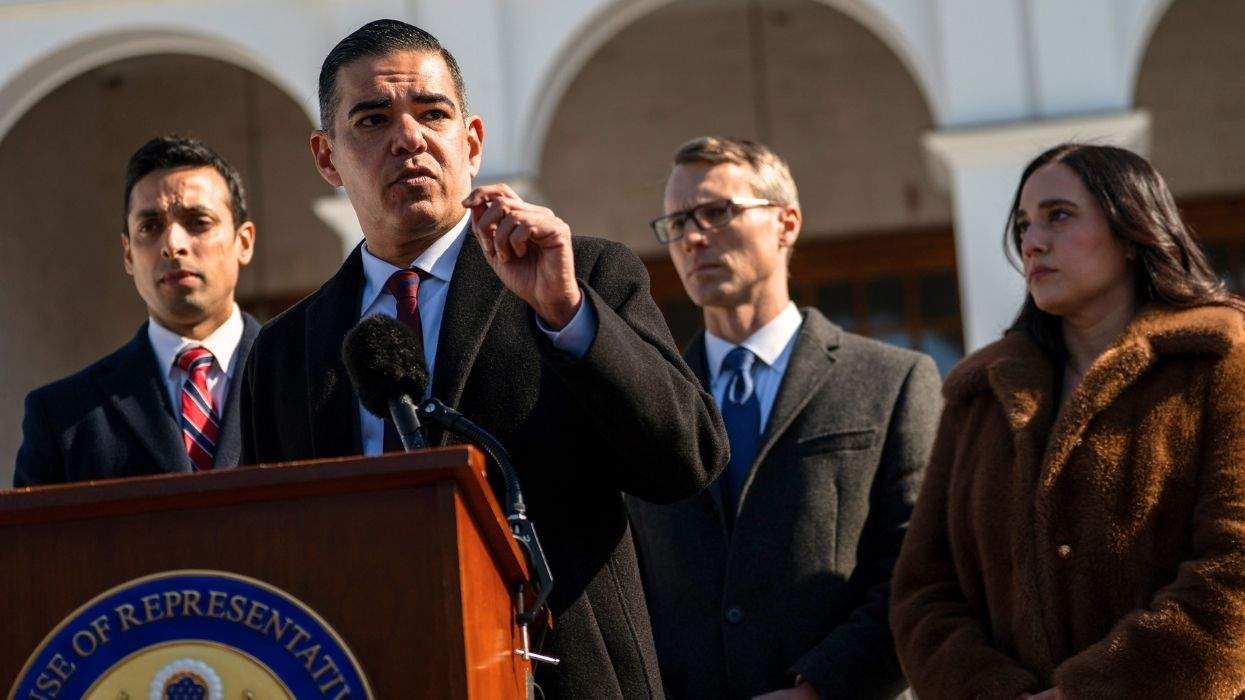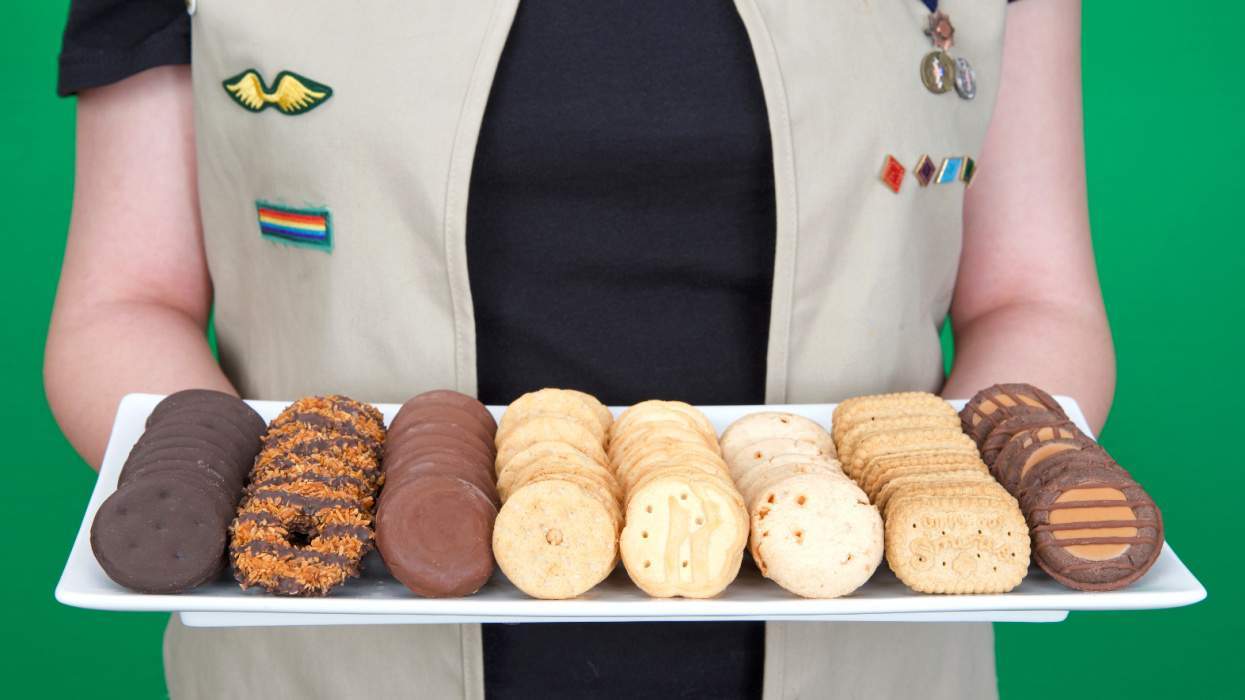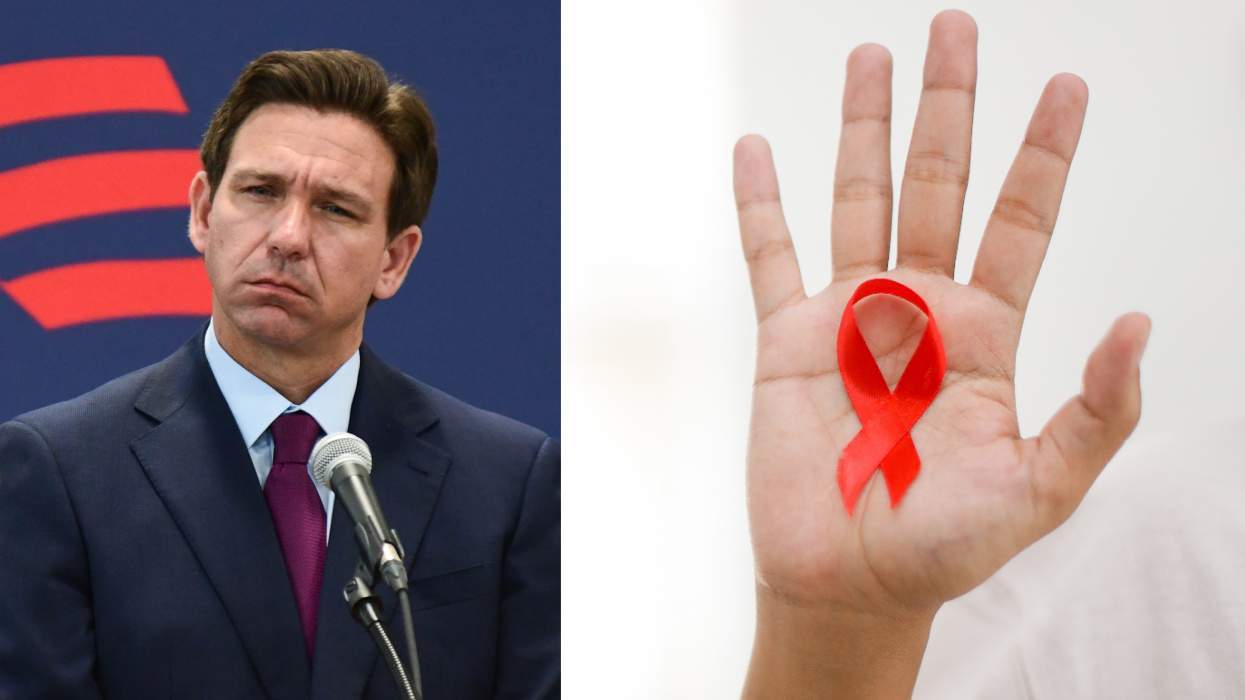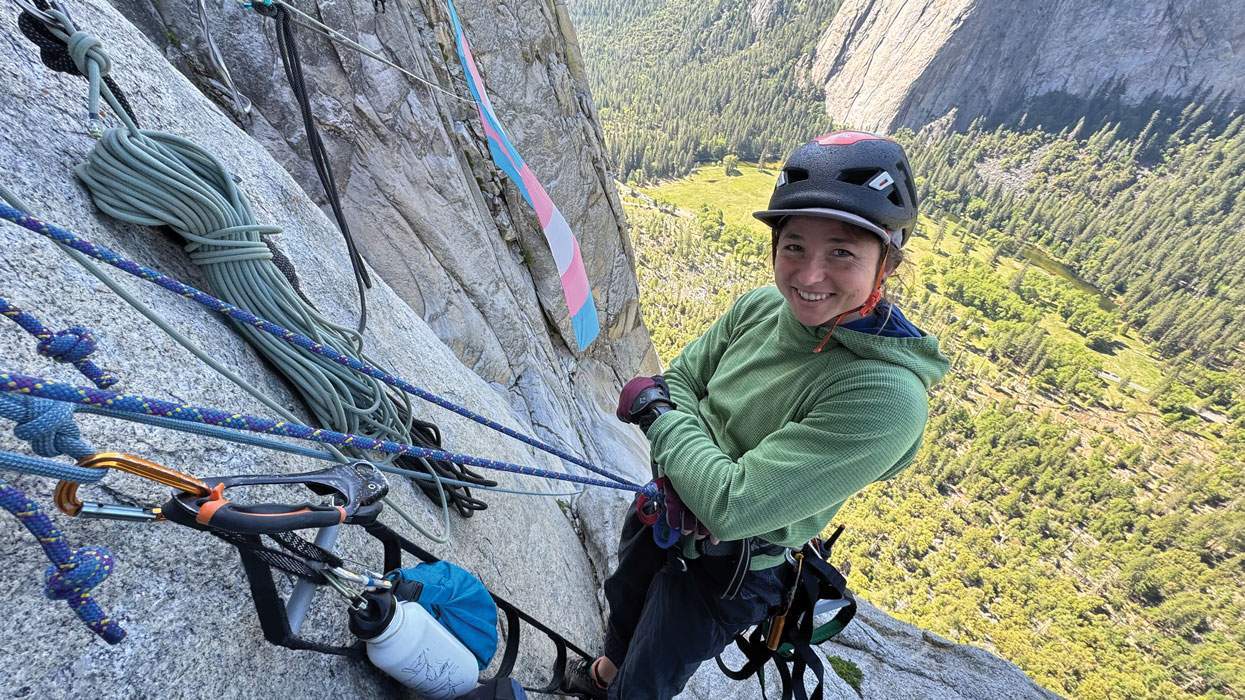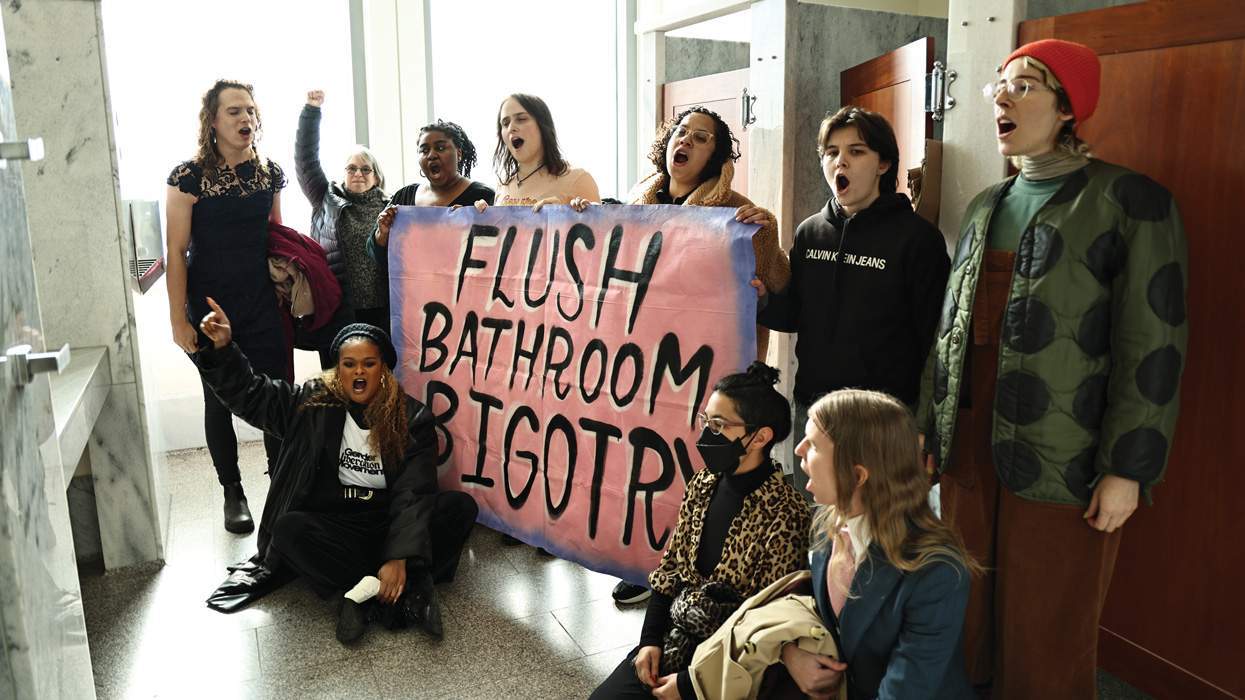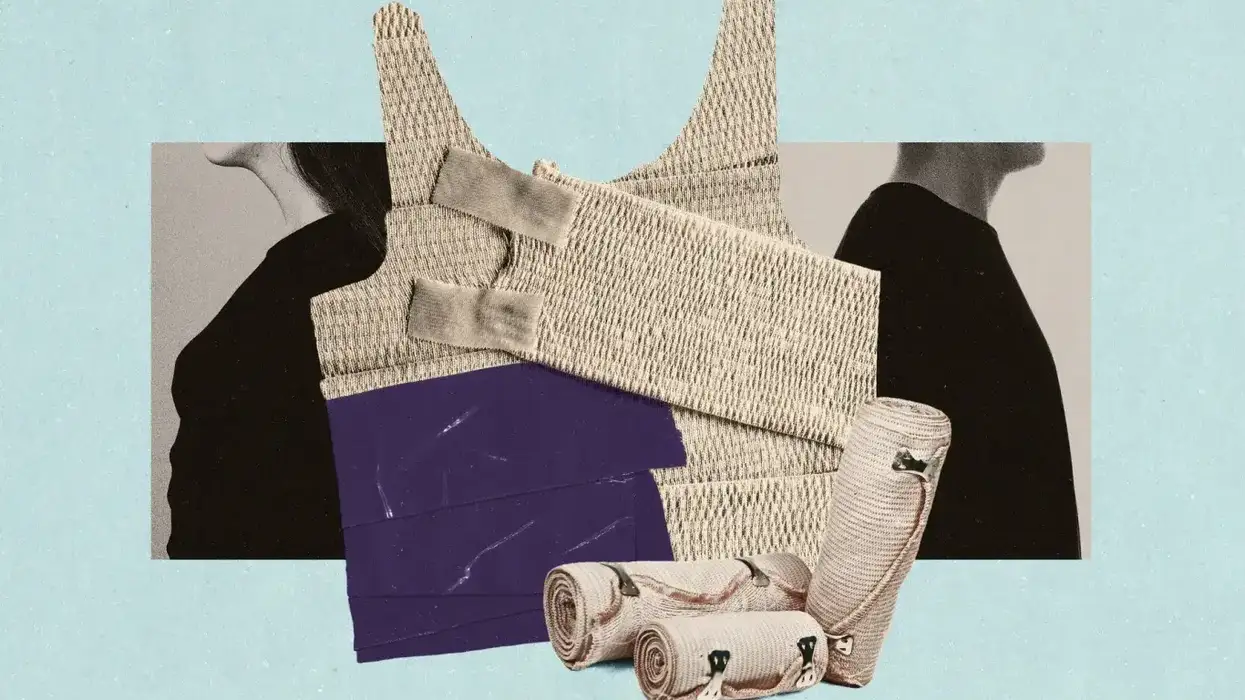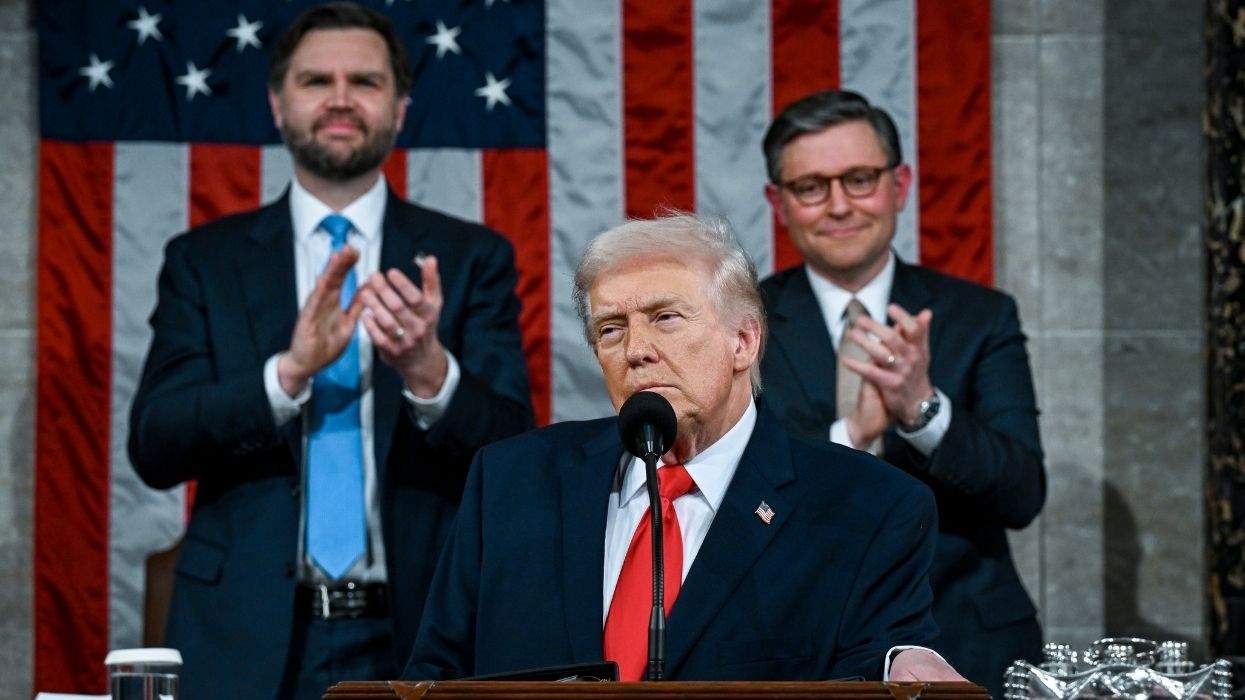Wazina Zondon is a 36-year-old queer Muslim Afghan woman raised in New York City. She teaches sex education, speaks about the intersection of homophobia and Islamaphobia, and cofounded the storytelling performance series Coming Out Muslim: Radical Acts of Love. She has written for HuffPost and Broadly, has participated in the Brooklyn Historical Society's Muslims in Brooklyn oral histories, and will appear on season 2 of The Secret Life of Muslims.
With ongoing performances since 2011, Coming Out Muslim utilizes traditional Muslim storytelling and conversational forms to explore the intersections of Islam and queerness in relation to family, faith, and one's sense of self. It's been called funny and poignant, but Zondon describes it as "both an affirmation of queer Muslim existence and a counternarrative to the belief that we are invisible, sad, and/or constantly reconciling our identities within Islam."
Zondon is quick to honor the contributions of co-creator and co-performer Terna Tilley-Gyado, who she notes plays an essential role in "our mission, vision and successes. Her support and labor alongside me has truly equipped me to do this work."
Acknowledging that many Coming Out Muslim audience members arrive "a little skeptical or anticipating not being able to relate to us," Zondon says they quickly realize, "There are so many ways to connect in unexpected ways. The themes are not just about queerness and Islam but family, romantic love, [and] faith. And more than this, it is a reminder that there is no singular way to be queer or Muslim. The beauty of storytelling is that it extends a piece of us to our audiences helping change hearts and minds at the pace an individual is ready to receive."
Zondon is currently creating what she calls "the next iteration of Coming Out Muslim." Titled Faith in Love, it "retraces and recounts my parent's love story and the love print that I have inherited from them. In my work over the last couple of years as part of Coming Out Muslim and as a sexuality educator what has become very clear is that the love stories of people like my parents refugees [and] immigrants to this country are never heard or acknowledged but they are equally important to be shared as all of our liberation is bound together."
As a Muslim, Zondon says she's particularly proud of "the resilience, path making and creativity of our community -- our overlaps and our differences. As I get older, I fall in love with us over and over as I learn more about myself through community. More than all this, I love the reminder that no matter what happens -- [even] if I am in a space where I am closeted in any of my identities -- Allah knows my whole, authentic self. We are always our authentic selves in God's eyes and fully seen even when we cannot express that outwardly."
And as a queer person, Zondon says, "I want to affirm the LGBTQ community at-large for actively making space for people of faith -- and how queers of faith are carving out interfaith spaces that include Muslims. The intentional intersectionality has made me feel less tokenized and that my input is actually being reflected and internalized."
Calling being able to do her work, share her story, and offer a counternarrative about the intersections of queerness and Islam "a huge privilege," Zondon also admits, "in all honesty, each time I share and get public coverage of my story, I also am fearful. The hate and vitriol that comes back is intense and from all sides -- it's not just homophobes and those who continue to deny my-slash-our right to existence within Islam -- it is also those who hold so much hate for Muslims and immigrants. It always takes me a little time to recalibrate, but I always come back more affirmed in my existence: Allah made me queer."
Honored to be named a Champion of Pride, Zondon reiterates, "I am one of so many people who are contributing to queer and trans [and] gender-nonconforming Muslim identities -- without their contributions to me and our community, I would not be able to be bold and in a position where I receive such an honor. Queer Muslims have been contributing to the LGBTQ movement for a very long time and I stand on their shoulders."

